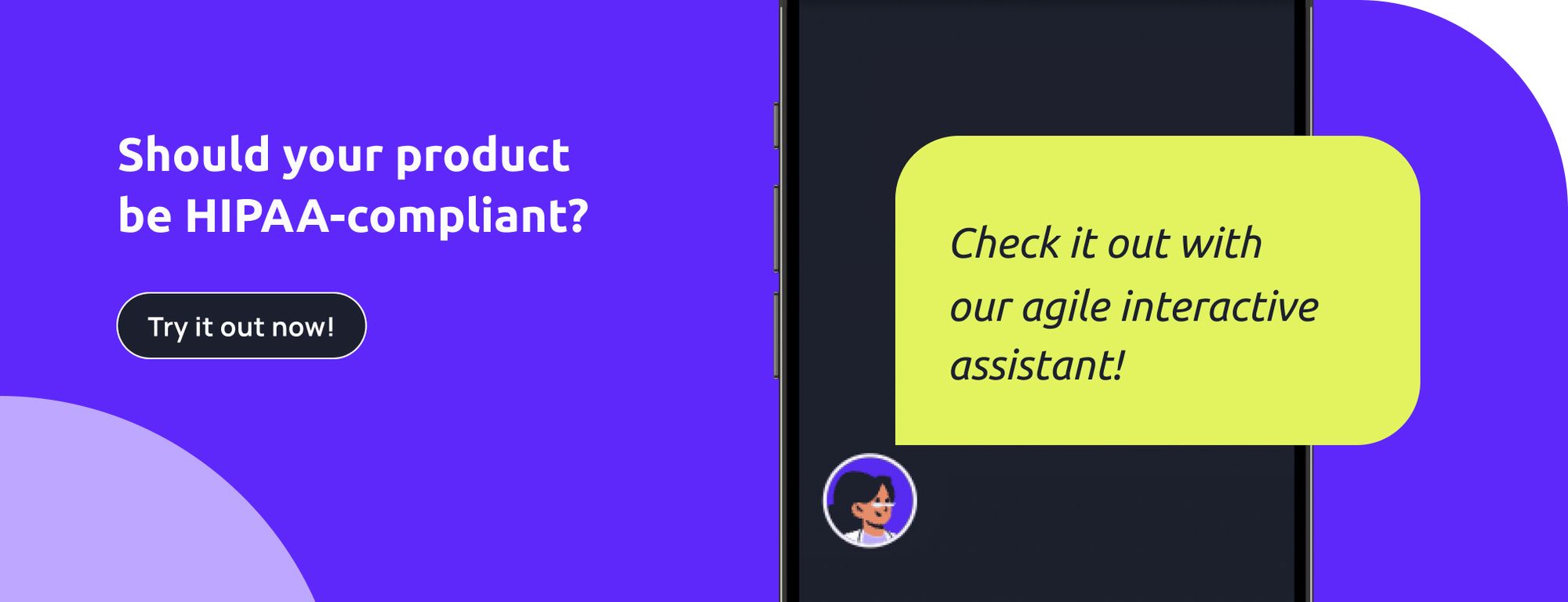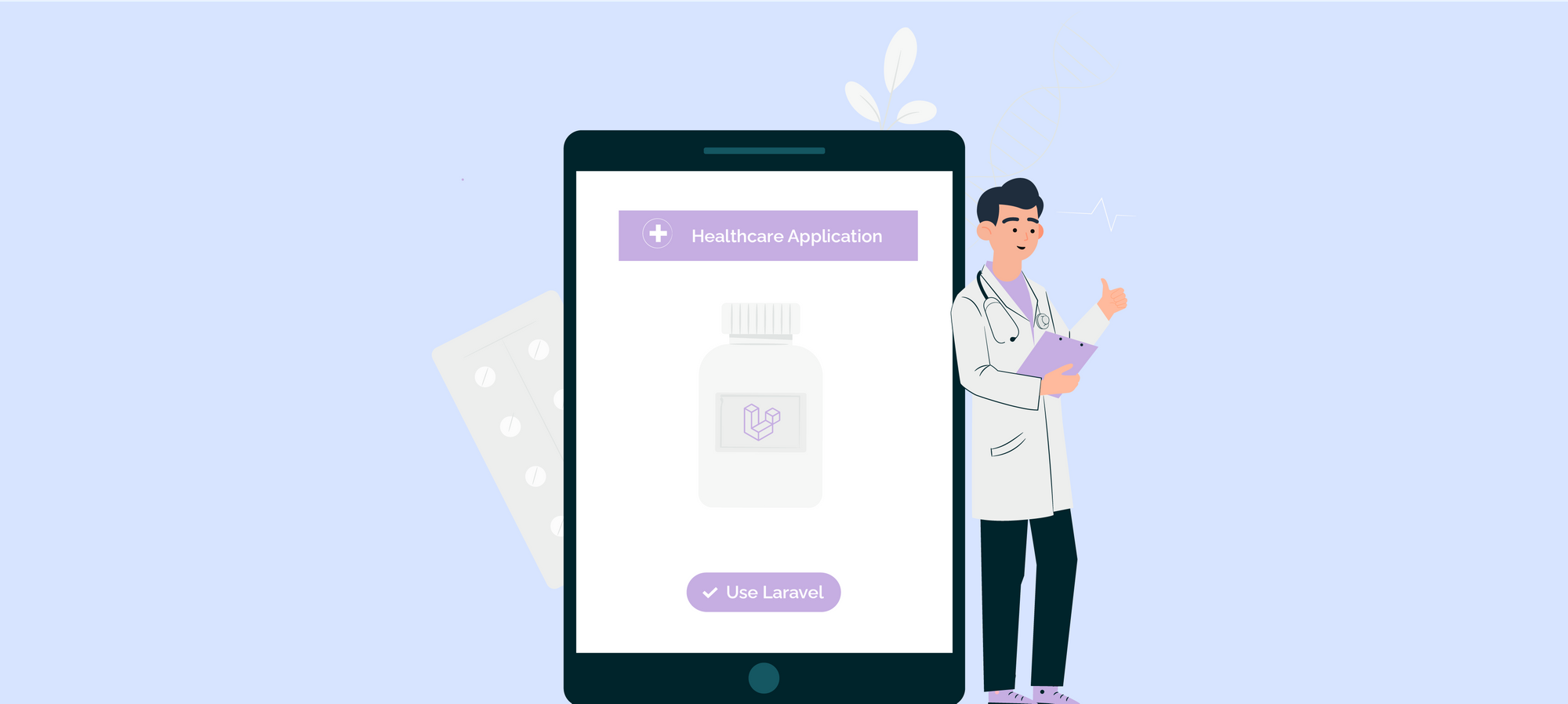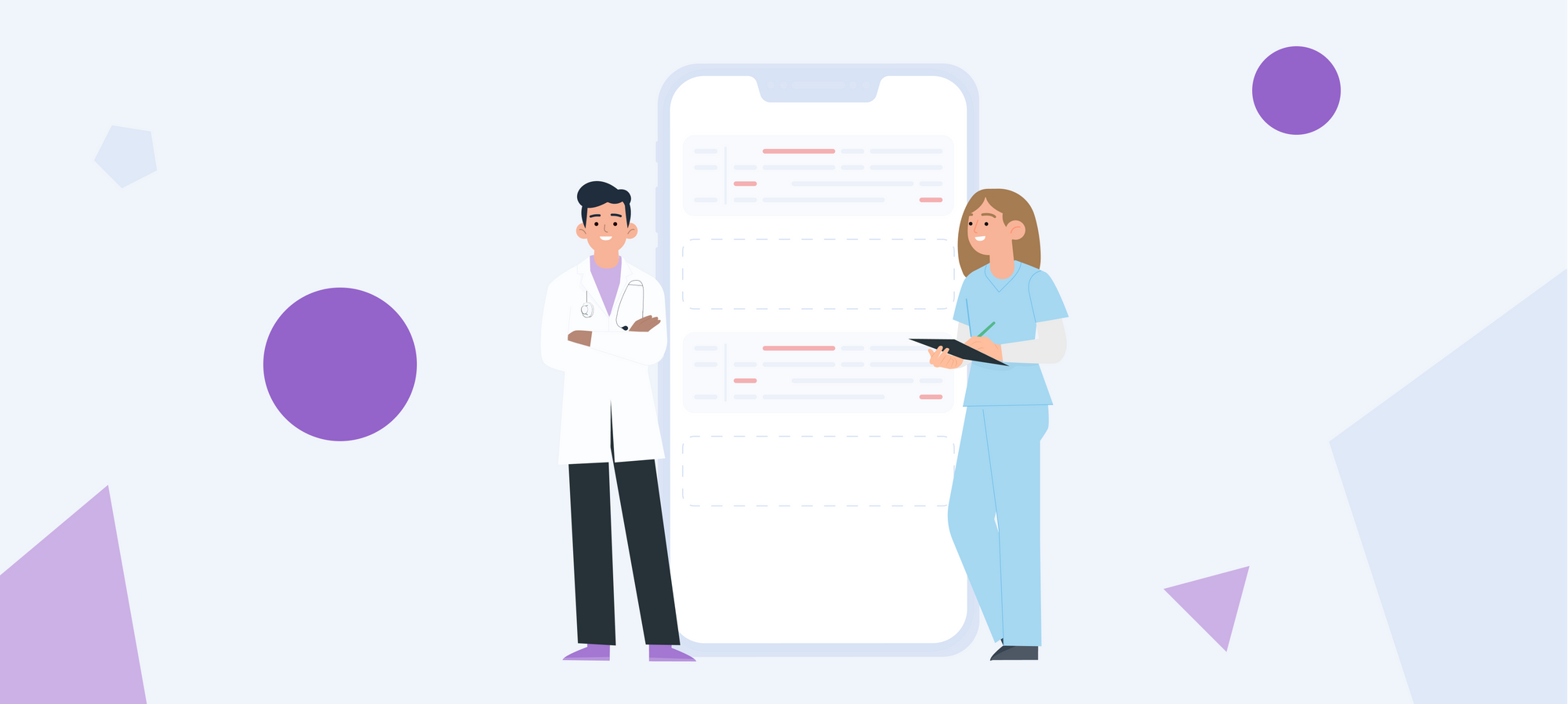When building a healthcare application, it's essential to pay special attention to some considerations the industry implies. That's why finding the right development partner with the appropriate experience in the industry might be critical.
What is a medical application?
The FDA describes a health application as software that diagnoses, tracks, or treats disease. Naturally, this must follow medical and patient security regulations.
Healthcare applications have become an essential tool in the digital era. They allow medical providers and patients to stay connected and closer, providing a much better experience for both, and boosting satisfaction and loyalty. There are different types of applications but nowadays, and notably after the pandemic, patients demand online health advice, examinations, and prescriptions, and medical providers are making the most of technology and innovation to improve their work and processes.
Why do healthcare applications need special handling?
Let's put it this way: Imagine you discover your bank's application was developed without considering any governmental safety and legal regulations by a software company with null experience developing e-banking apps. Would you feel protected?
The same thing happens with medical apps, though instead of storing funds, they preserve sensitive patient information. There are governmental regulations that aim to protect the patients and health institutions that must be followed for the application to be approved and safe. From hospitals to pharmacies and insurance agencies, all healthcare professional organizations must follow regulations to protect the patients' personal health information. Also, applications must be compatible with EHRs, EMRs, and prescriptions.
Furthermore, healthcare applications need to have an excellent user experience for all users: doctors, patients, hospitals, clinics, laboratories, insurance agencies, pharmacies, and more. There are different types of users with different problems and objectives when using the app, and the application must be user friendly for all of them. Efficiency is a top priority as we’re dealing with doctors wrapped up in consults, patients and data. An application should make their life easier.
What is HIPAA compliance?
The Health Insurance Portability and Accountability Act sets national standards for safeguarding patient health data. It's utilized to protect the privacy and security of PHI. It guarantees safety by providing guidelines for providing individual health records in electronic formats.

HIPAA Compliance is one of the "must-haves" when building a healthcare application, thus, when hiring a software development partner. Other relevant knowledge you should expect is:
- Breach Notification Rules.
- Experience managing EMR & EHRs.
- Expertise with tools like Medstack or Redox Engine.
- Smart on FHIR.
- Extensive experience designing user-centered products.
How to choose the right partner
If you Google "Development company for healthcare application" you'll face an endless sea of possibilities: hundreds of thousands of agencies around the world promising that they are the best at what they do. But what should you consider to understand which is the right one for you?
- Experience in the industry: remember to ask if they have experience in all the medical and legal knowledge listed above. Ask for related case studies, and request to talk to their client, this will help you make a safe and comforting decision.
- Technology stack: Make sure they use modern technologies that are suitable for healthcare apps, for example, Laravel, Vue, React, Swift, among others.
- Go for agencies that don’t only focus on development, but also on UX/UI Design. This will have a huge impact on the product’s success and users’ satisfaction. As mentioned earlier, user experience is a top priority in healthcare apps.
- Scalability & Agile Teams: Healthcare products usually need to be particularly scalable, so go for teams that work under agile methodologies and frameworks, such as Scrum. This way of working benefits scalability, plus, agile teams tend to understand each product and client is unique and will be flexible to adapt their processes to your needs.
Last but not least…. Compare!
My advice: never sign with your first choice without considering other options. Evaluate more than one agency, with its pros and cons. There are all sort of excellent agencies out there.
Investigate companies from different sizes and locations (pay special attention to nearshore agencies. Check the agencies' profile on platforms like Clutch or Glassdoor to see verified client reviews. Examine their Linkedin, Blog, case studies, and Social Media. Understand if they are a good match for you. Always prioritize the experience in the industry, user-centered approach, agile culture, and good chemistry between both teams.
About Us
Light-it is a digital product agency that helps founders and companies ideate, build, and launch web and mobile applications people love to use. We have ample experience working in healthcare products, HIPAA Compliance, and medical tech & legal specifics. We’re here to help!
Reach out to us: hello@lightit.io | lightit.io



